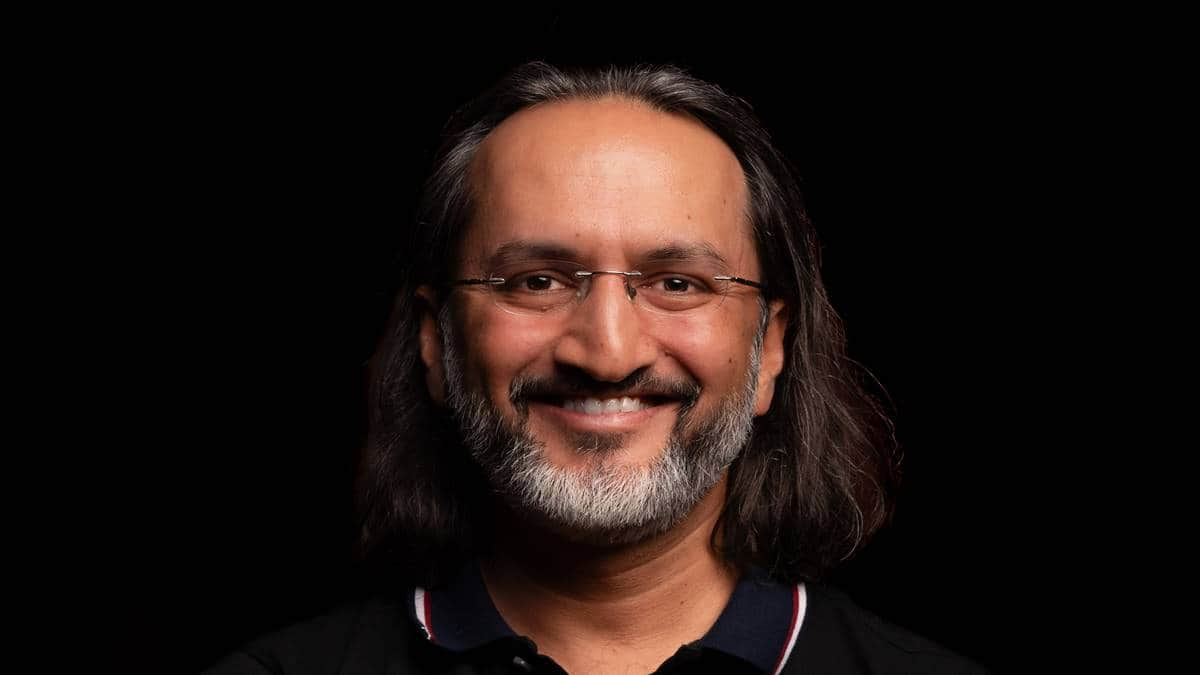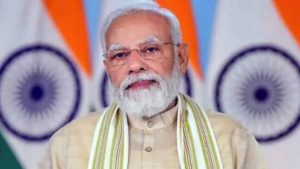Exclusive Interview | Meet Papa CJ, the leadership coach and comedian who ensures your board room is not a bored room
If I were to tell you that one of the most successful leadership coaches in the country is a comedian, you’d probably think I was joking. Papa CJ, however, is no ordinary comedian. He holds an MBA degree from the University of Oxford, has worked in over 30 countries, and his corporate clients include the bluest of blue chips.
He has worked with Accenture and Deutsche Bank in New York; UBS, Philip Morris International, Nike, and Google in Europe; BBC, Universal Music, and HM Treasury in the UK; and a plethora of clients in India including PwC, Tata 1mg and Grant Thornton. Earlier this year in Dubai he was conferred the India’s Top Mind Award for Leadership Development and Executive Coaching.
I sat down with him to understand how he simultaneously straddles the worlds of Entertainment and Leadership Development.
FE: The last time I interviewed you, you were a comedian who had just published his autobiography. When did the Leadership Coach avatar come about?
CJ: I’ve been coaching since 2007. However, when Covid came around and there was a slowdown in the comedy business, I decided to let my coaching practice become a little more publicly visible.
View this post on Instagram
FE: So what kind of coaching do you do?
CJ: I work as an executive coach to individuals as well as a team and strategy coach to organisations. For organisations I run anything from 30-minute keynotes to entire 3-day off-sites for leadership teams. All of these are custom-created basis the specific challenges of my client. I have also created and delivered entire Leadership Development Programmes for high-potential employees in organisations.
FE: What are the key challenges that organisations you’re helping are struggling with?
CJ: I’m helping clients deal with six key issues that I see most organisations struggle with:
People are incentivised vertically but we want them to collaborate horizontally, and that is not happening.
Leaders are so focused on the next quarter that the long-term future of their organisation is being compromised in favour of short-term benefits.
Leaders are not on the same page about the priorities of the organisation and do not openly communicate and discuss challenges and uncertainties.
Even when the strategy and priorities are jointly understood, they are not communicated down the line, and even when they are, those on the frontlines do not know what to DO differently in their day-to-day jobs to execute the strategy.
Employees personal goals are not aligned to the goals of the organisation.
Succession planning is poor because leaders have no visibility of their future if they were to make themselves replaceable.
FE: So what makes you special as a coach?
CJ: I believe it is how I coach that makes my offering unique. Organisations and leaders are not interested in theoretical sessions or external partners coming in and claiming to know their businesses better than them. My approach is interactive, gives leaders the right lenses with which to look at their challenges, and helps them find the right solutions for themselves.
I also build measurable follow-up action items into my interventions so it doesn’t become a nice-to-have session after which nothing gets done. My experience and expertise exist at the intersection of creativity, communication, humour, business, leadership development, and human interaction, and I bring all of it to the fore when working with my clients.
FE: So how does your stand-up comedy experience help you as a coach?
CJ: Humour is a superpower when it comes to coaching and a key differentiator in what I bring to the table. My personality and informal methodology allow people to open up to me and have honest and real conversations. They don’t feel like they need to give me the ‘right’ answers. This allows me to present honest information from multiple stakeholders anonymously in front of the group, and that sets the foundation for meaningful conversations that lead to real and effective solutions.
FE: Do people watch any stand-up comedy as a part of your leadership coaching?
CJ: One of my signature sessions is called Naked Leadership. The first part of the module involves watching my show Naked which has premiered on Broadway in New York and the Soho Theatre in London. The hilarious yet vulnerable performance sets the right foundation for both honest introspection and sharing. Risk-taking, authenticity, communication, spontaneity, storytelling, vulnerability, positivity, gratitude, and personal growth are but some of the areas where participants draw insights from. More importantly, what I make the participants do after watching the show builds trust and goodwill amongst participants, which in turn leads to greater teamwork and collaboration across functions or verticals.
View this post on Instagram
FE: You mentioned signature sessions. I know your communication session is very popular. Can you tell me more about that?
CJ: My signature communication masterclass is called ‘A Comedian’s Guide to Communication Strategy’. It is a mix of storytelling, humour, and deep insight during which participants learn how to use the tools and techniques that international comedians use, to keep audiences engaged and captivated while delivering messages with precision. The learnings from this session are relevant personally and professionally, for individuals and organisations, and can be applied to communication, marketing, and content strategies. The session resonates strongly with both logical data people and emotional intuitive ones.
FE: So what’s the next masterclass or signature session you have planned?
CJ: I’m currently creating a masterclass on how to leverage the power of humour and the mindset of comedians in life and business. There’s so much of it that I do intuitively, however, I’m currently going through the process of creating the theory around it to make it easily digestible and learnable. The areas where people will benefit from this session will include creativity and problem-solving, innovation, influencing and motivating others, brand building, building bonds and diffusing tension, creating a joyful and psychologically safe culture, and managing a career.



